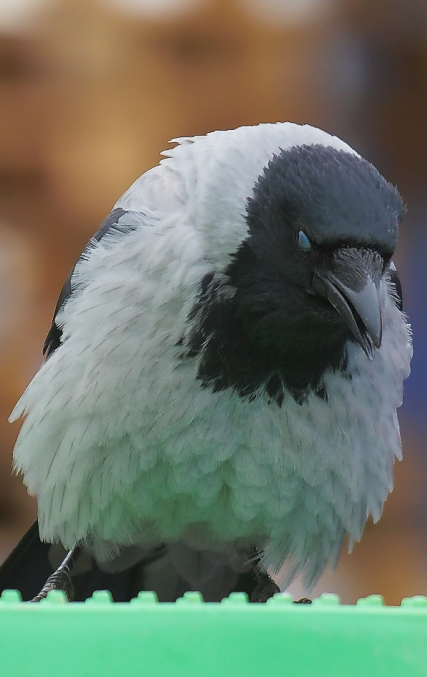Podcast: Play in new window

BOB HIRSHON (host):
Calculating crows. I’m Bob Hirshon and this is Science Update.
It makes sense for animals to be wary of new things. After all, a strange food could be poisonous, and predators could be lurking in unfamiliar environments. But novelty can sometimes lead to survival-boosting resources, like calorie-dense food tossed out by humans.
ALISON GREGGOR (University of Cambridge):
The amount of novelty that we have created is unprecedented.
HIRSHON:
Cambridge field psychologist Alison Greggor and her colleagues compared how different birds responded to novelty in urban and rural environments in the journal Animal Behaviour.
GREGGOR:
When we put out litter, we found that urban birds were less fearful than rural ones, regardless of the species. So even though birds in the crow family are more fearful overall, they are coping in a similar way to other bird species.
HIRSHON:
The research research is helping scientists learn how animals adapt to an increasingly human-dominated world. I’m Bob Hirshon, for AAAS, the science society.
Story by Susanne Bard

